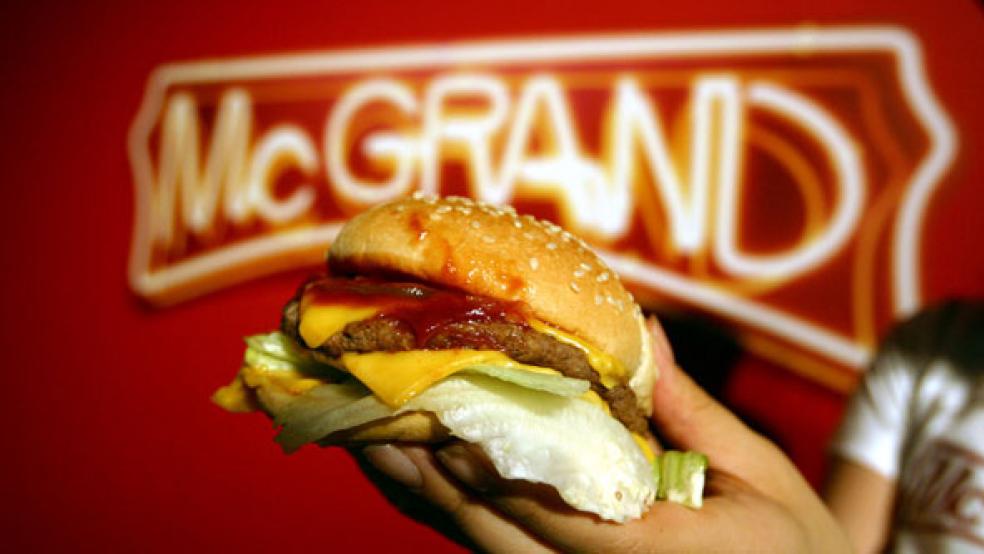Why do so many Americans keep scarfing down fast food when we know it’s so bad for us?
Despite all the information we have about healthy eating, we’re still clogging our arteries and risking life-threatening and expensive obesity and obesity-related diseases.
Related: 10 Forbidden Foods We Can’t Resist
Fast food is not only harming us physically, it’s making us impatient about things that have little or nothing to do with food, according to a recent study. Those things include savoring a sunset, listening to music, talking to a friend, and other pleasurable life experiences.
In other words, speed eating is messing with our attention spans.
Researchers from the University of Toronto found that just “thinking about fast food increases [the] preference for time-saving” products and experiences.
“Fast food allows people to fill their stomachs as quickly as possible and move on to other things,” said Julian House, Sanford E. DeVoe and Chen-Bo Zhong in their study, “Too Impatient to Smell the Roses: Exposure to Fast Food Impedes Happiness,” published in Social Psychological and Personality Science. “It represents a culture that emphasizes time, efficiency and immediate gratification.”
Related: Why Obesity Will Kill More of Us Than We Thought
Sure, “speed can be efficient,” said the researchers – for example, when rushing to work for a meeting or when trying to make it to your kid’s dance recital or ball game on time. Yet all too often, “the goal of saving time will be activated with exposure to fast food regardless of whether time is a relevant factor” or not.
The researchers noted that as people obtain more time-saving technologies today, they become more – and not less – impatient. We have a need for speed. Whether fast food created this situation or is one more result of an increasingly impatient and type-A culture in America is harder to discern. But what’s clear is that we’re all moving faster than ever before in an instant-gratification culture, where speed is not just rewarded but practically required for success – and that food is only one small part of the equation.
Top Reads from The Fiscal Times:





